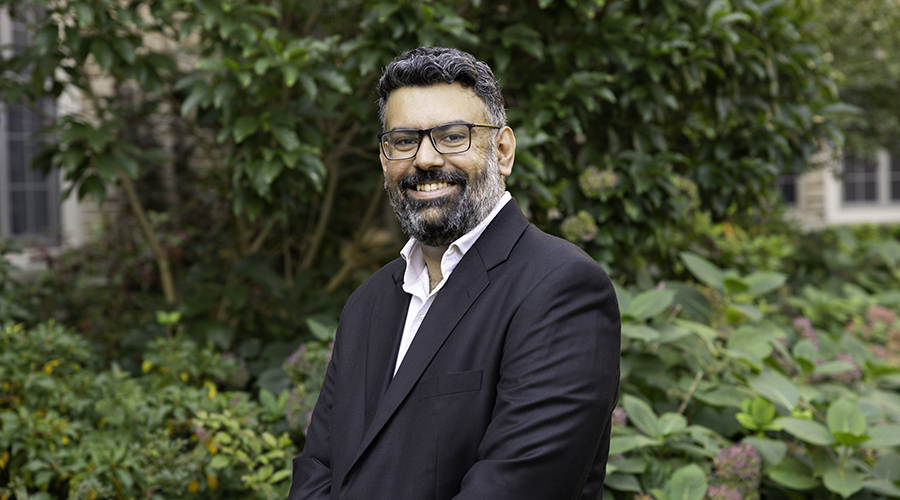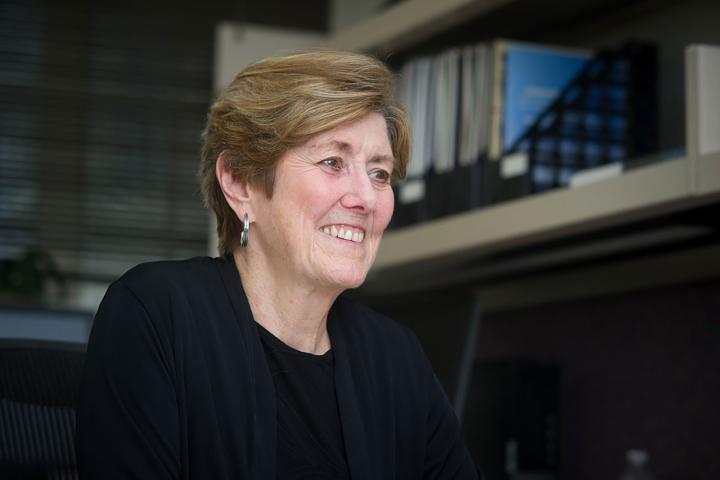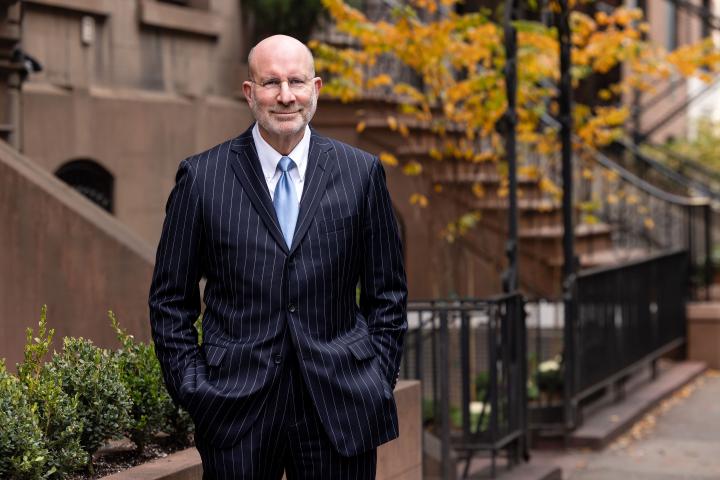
Behavioral Researcher Joins ExPO Lab
How do people react to significant changes in the workplace, such as an increasingly diverse workforce?
How do people react to organizations’ diversity, equity and inclusion efforts?
Usman Liaquat is delving into both questions as an ILR Future of Work fellow who joined the school’s Experimental Psychology and Organizations (ExPO) Lab group this fall.
“Most of my work centers around how people perceive changes within organizations, specifically around increasing diversity in the workplace and how people deal with policies to rectify inequalities,” he said.
Usman’s research identifying how psychological drivers of change resistance play out in an organizational context builds on the social psychology field’s body of work that looks at discomfort with unpredictability and uncertainty, and concerns about social discord.
His interest in the topics traces back to his college days at the Lahore University of Management Sciences in Pakistan, where Liaquat observed intergroup conflict and inequality based on ethnic dominance.
“I was interested in this idea of how people react to inequality and might resist social change towards a more equitable society. It brought me to the U.S., where I saw similar patterns. I became interested in the U.S. context, given the increasing demographic diversity – how are people responding?”
“All of my prior training is in social and political psychology and centered on how ideologies influence attitudes towards broad societal change, and what most excited me about being here is looking at psychological resistance to change in organizations.”
When deciding where to pursue his research interests after graduating from New York University with a doctorate in social psychology, he considered the opportunity to work with Associate Professor Devon Proudfoot and Associate Professor Emily Zitek, whose work he has long followed.
Some of his work at ILR with Proudfoot and Assistant Professor Sean Fath investigates people’s perceptions of the stability of hierarchical versus egalitarian structures and whether such perceptions are shaped by broader beliefs about human nature.
“I’m very excited to work with experts in a cross-disciplinary environment. It’s brilliant to be able to immerse myself in such an innovative and supportive community of scholars,” said Liquat, lead author of research published in 2023 that develops a framework to understand why backlash against equality-promoting policies occurs when such backlash is most likely to occur and who is most likely to be countermobilized against such policies.
Liaquat is among the recipients of ILR’s Future of Work Fellowships, which support postdoctoral researchers and doctoral students who work with ILR faculty on research related to the future of work.



